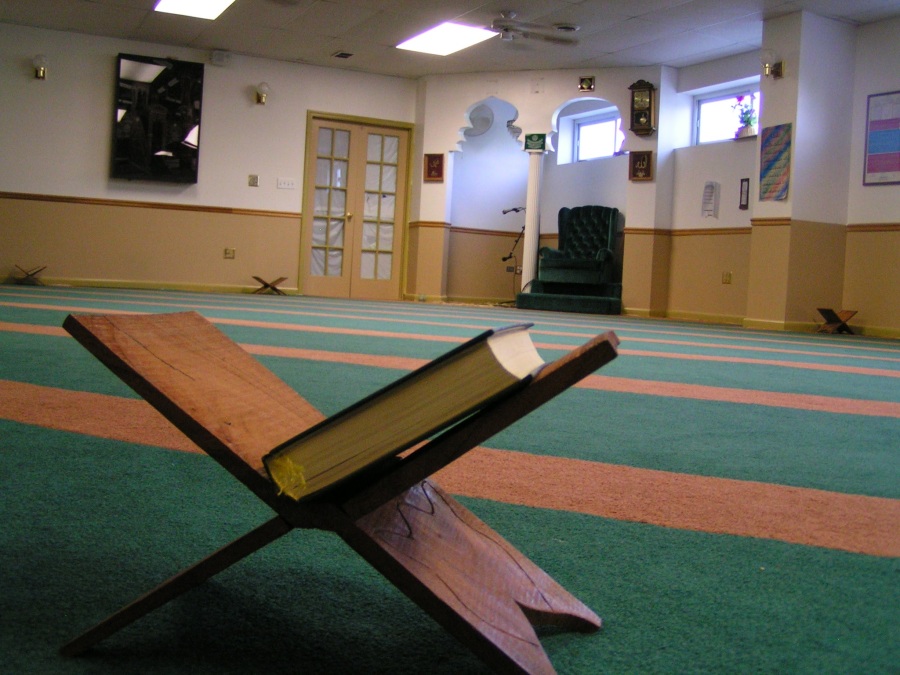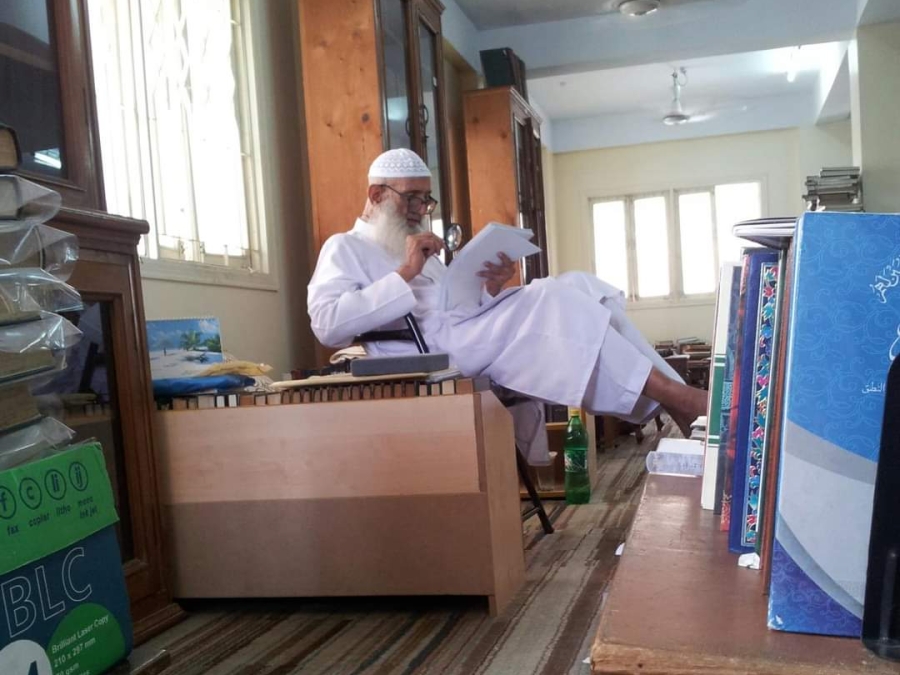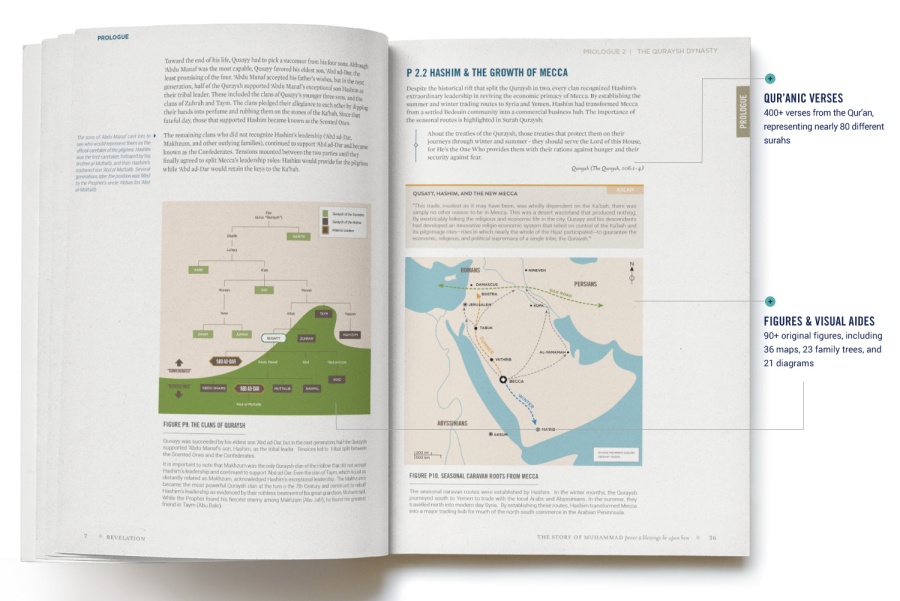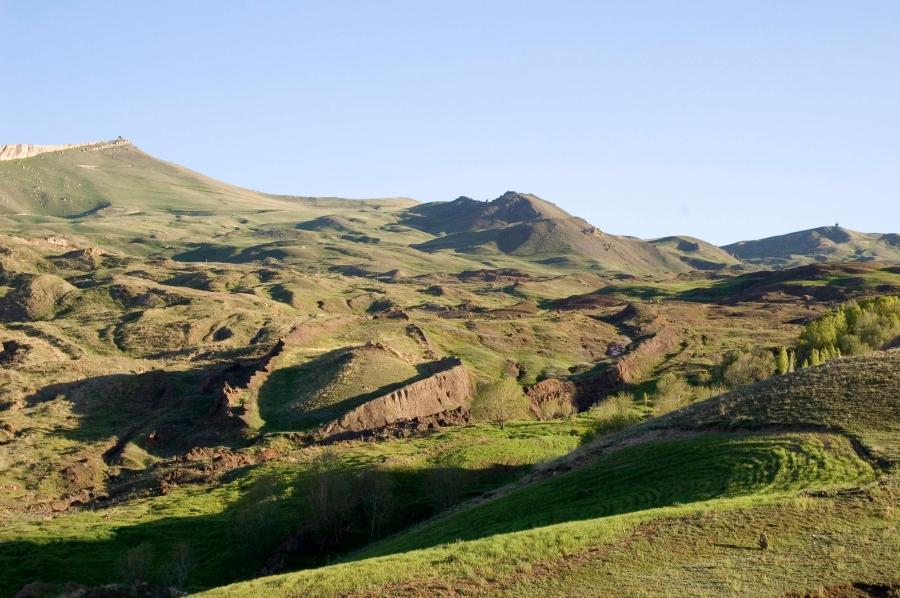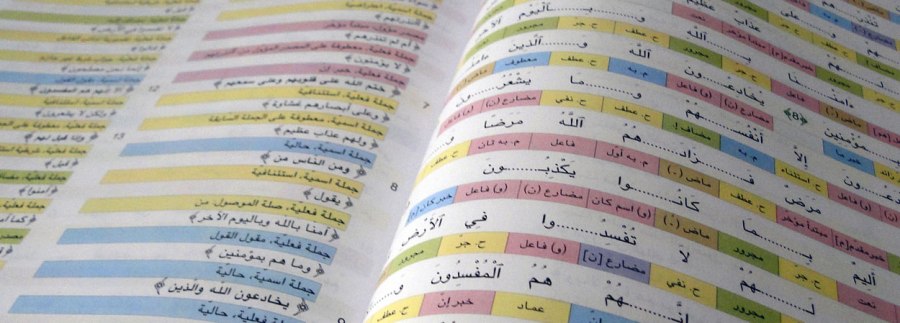By Bilal Ali Ansari It is January 3rd, 2023 (10th of Jumada al-Thani, 1444 AH). Mortality’s cloud has obscured a peerless source of compassion and service from our eyes. For seventy-six years, this archetype of feminine virtue illuminated the world with her blazing light. Now a sizable crowd patiently waits under dark skies and a cold,… Continue reading The Elevation of Feminine Virtue: Remembering a Life of Selfless Service and the Loss of a Hidden Paragon
Category: Uncategorized
Memories of My Mentor: Mawlānā Dr. ʿAbd al-Ḥalīm al-Nuʿmāni Chishtī
In the name of Allah, the All-Merciful, the Most Mercy-Giving. Upon the passing of my mentor and intellectual guide, Mawlānā ʿAbd al-Ḥalīm Chishtī Ṣāḥib (al-Nuʿmānī), who his students affectionally call Ustādh Jī or just Haḍrat Chishtī Ṣāḥib, I find myself struggling to find the right way of expressing my grief and loss. It is, no… Continue reading Memories of My Mentor: Mawlānā Dr. ʿAbd al-Ḥalīm al-Nuʿmāni Chishtī
Meraj Mohiuddin’s Revelation: The Story of Muhammad (Peace and Blessings Be Upon Him): A Critical Review
MERAJ MOHIUDDIN’S REVELATION: THE STORY OF MUHAMMAD (PEACE AND BLESSINGS BE UPON HIM): A CRITICAL REVIEW In the name of Allah, Most Merciful and Compassionate. Despite its relatively recent publication, Dr. Meraj Mohiuddin’s Revelation: The Story of Muhammad (Peace and Blessings Be Upon Him) has quickly become one of the more popular, publicized, and widely-distributed… Continue reading Meraj Mohiuddin’s Revelation: The Story of Muhammad (Peace and Blessings Be Upon Him): A Critical Review
The Attribution of Prophetic Events to the Day of ʿĀshūrā
[I found this somewhat unfinished research on my computer. Seeing as today is the 10th of Muḥarram, or ʿĀshūrā, I thought it would be useful to students of knowledge to post whatever research I had gathered to date on the authenticity of the attribution of certain prophetic events to this day. Interestingly enough, the 10th… Continue reading The Attribution of Prophetic Events to the Day of ʿĀshūrā
Draft of the First Chapter of a Tashīl al-Naḥw Translation
The following is the first chapter of a translation taken from Qārī Siddīq Bāndwī’s Tashīl al-Naḥw that I was involved in through some editing and translating along with two former students. The project was put on hold in an attempt to first complete another work that was near the final draft stage. I have produced the draft here… Continue reading Draft of the First Chapter of a Tashīl al-Naḥw Translation
ʿAllāmah al-Kawtharī’s List of Ḥanafī Hadith Masters
The following list a selection from notes that were compiled for one of the appendices to the forthcoming (in shā Allāh) translation of Imam ʿAbd al-Ḥaqq al-Dihlawī’s Muqaddamah fī Uṣūl al-Ḥadīth. The list has had to be refined, edited, and truncated for publishing purposes. I thought the rough notes would still benefit certain interested readers,… Continue reading ʿAllāmah al-Kawtharī’s List of Ḥanafī Hadith Masters
Thoughts on Mawlānā Tariq Rasheed al-Nadwī’s Interview on Madrasa Reform
I am now posting some thoughts I wrote up about the previous post (Mawlana Tariq Rasheed Sahib’s interview on madrasa reform) after our brother and friend Abdul Sattar (may Allah bless him) asked the following: “I was wondering if you could offer your thoughts on the ideas he discusses concerning the curriculum itself, and the cultural… Continue reading Thoughts on Mawlānā Tariq Rasheed al-Nadwī’s Interview on Madrasa Reform
Regarding Abrogation of the Verse of Tasmiyah in Ritual Slaughter
Question: There has been some debate at my masjid regarding the permissibility of eating the food of Ahl al Kitab. My Imam says that the verse prohibitng the eating of food on which the name of Allah had not been said was abrogated by the verse that permitted the eating of the food of Ahl… Continue reading Regarding Abrogation of the Verse of Tasmiyah in Ritual Slaughter
A Short Answer to a Question on Extravagance from the Islamic Perspective
A question was once posed by a student through email regarding the issue of wastage, more specifically in regards to wasting water. It was published by our dear friend Hafiz Faraz Abdul Moid on the attalib blog some years ago. I repost it here for your benefit, iA. Question: I had a question, and if you’re not… Continue reading A Short Answer to a Question on Extravagance from the Islamic Perspective
Madrasat al-Hasanayn Updated Curriculum Years 1-4
After posting an earlier synopsis of the Hasanayn curriculum when I was studying there fifteen years ago, a current student was kind enough to send me an updated version for the first four years of the eight year program. Interestingly enough, when the curriculum was first cooked up, it was designed to be a 12-year… Continue reading Madrasat al-Hasanayn Updated Curriculum Years 1-4
